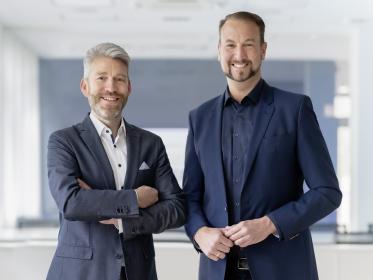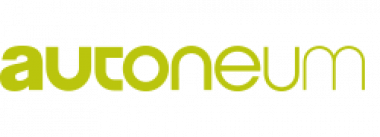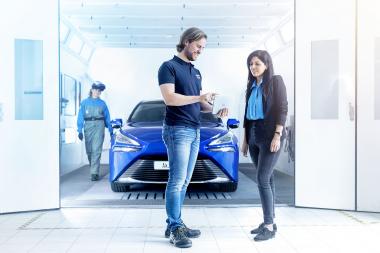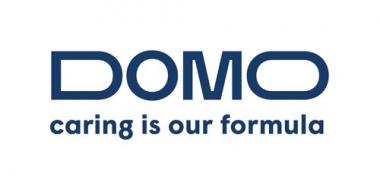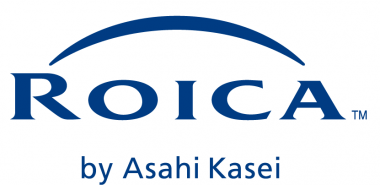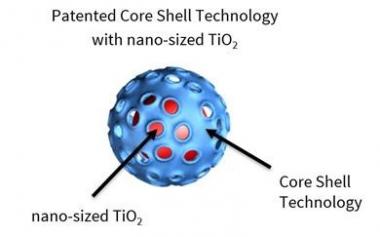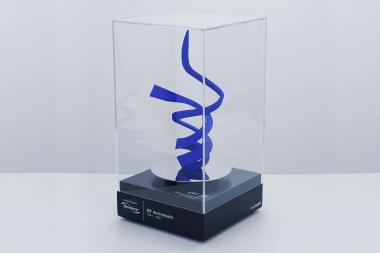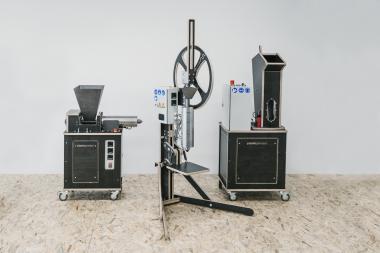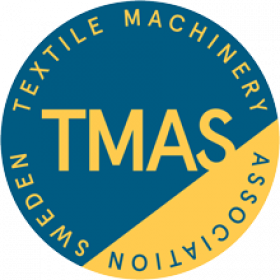Huntsman announces Agreement to sell Textile Effects Division
Huntsman Corporation (NYSE: HUN) announced it has entered into a definitive agreement to sell its Textile Effects division to Archroma, a portfolio company of SK Capital Partners. The total enterprise value of the transaction is approximately $718 million, which includes the assumption of approximately $125 million in net underfunded pension liabilities as of December 31, 2021. The acquisition is being partially funded with preferred equity, of which Huntsman is taking up to $80 million, an amount SK Capital Partners will seek to syndicate prior to the transaction closing.
Over the last twelve months ending June 30, 2022, the Textile Effects division reported sales of $772 million and adjusted EBITDA of $94 million. Huntsman anticipates cash taxes on the transaction of approximately $50 million. Huntsman intends to report Textile Effects as discontinued operations beginning in the third quarter of 2022. The transaction is subject to regulatory approvals and other customary closing conditions and is expected to close in the first half of 2023.
Peter Huntsman, Chairman, President, and CEO commented:
"Over the past seven months, we have conducted a comprehensive strategic review of our Textile Effects division, including detailed discussions with a wide range of relevant parties. After evaluating several different options and thoroughly reviewing prospective offers for the business, our Board of Directors decided that SK Capital would be a better owner of the business over the long-term than Huntsman and that the value they offered was in the best interests of our shareholders. After closing, Textile Effects will combine with SK Capital's Archroma business to create a world leader in textile chemicals and dyes, with a leadership in sustainability and innovation.
"We expect the cash proceeds from this divestiture to be deployed in-line with our current balanced capital allocation program which includes strategic investments and acquisitions to further strengthen our core businesses as well as returning cash to shareholders through both our dividend and share repurchase program."
Huntsman





